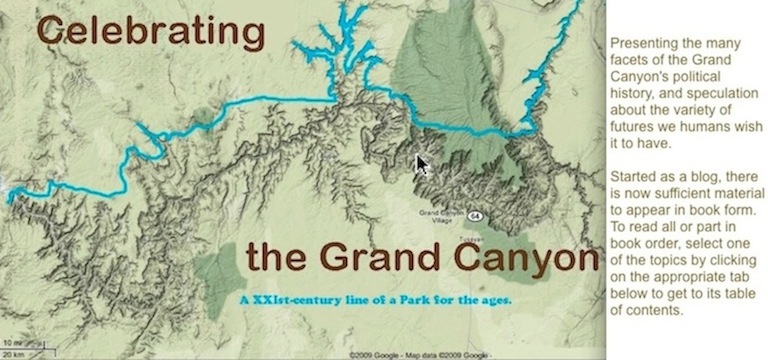[ General comment: A lot of what follows is just so much hot air; people gassing to pass the time until a definitive step was taken. Like much of DC chat; it needs now, and at the time, to have a lot of salt shaken on it. Entertainment? Trying to prove worth? So after I clear this away, I will take up the content of the Committee Report in a separate entry. I will then go on to summarize the hunter/AG&F effort. Then finally, we get to the floor debate of 10 Oct.]
If the government was trying to prove it could not help the Havasupai, then information I picked up supported that notion: grazing was limited by the cost of pumping water. They could only sell their cattle cheap. There was no forthcoming appropriation for an electric line. Work on improving Hilltop wasnt done because there was no initiative. The attitude toward helicopters and any tramway was adamantly negative.
The Club's McCloskey reported to Evans that he had talked with Congressman Taylor, who suggested Udall was getting cold feet, and would not fight very hard if we pushed further amendments, maybe even being willing to shrink the transfer boundary. Hunt's office visits in DC were finding less & less sympathy in the Senate. Pontius was meanwhile trying to be soothing about the land use plan and the report.
